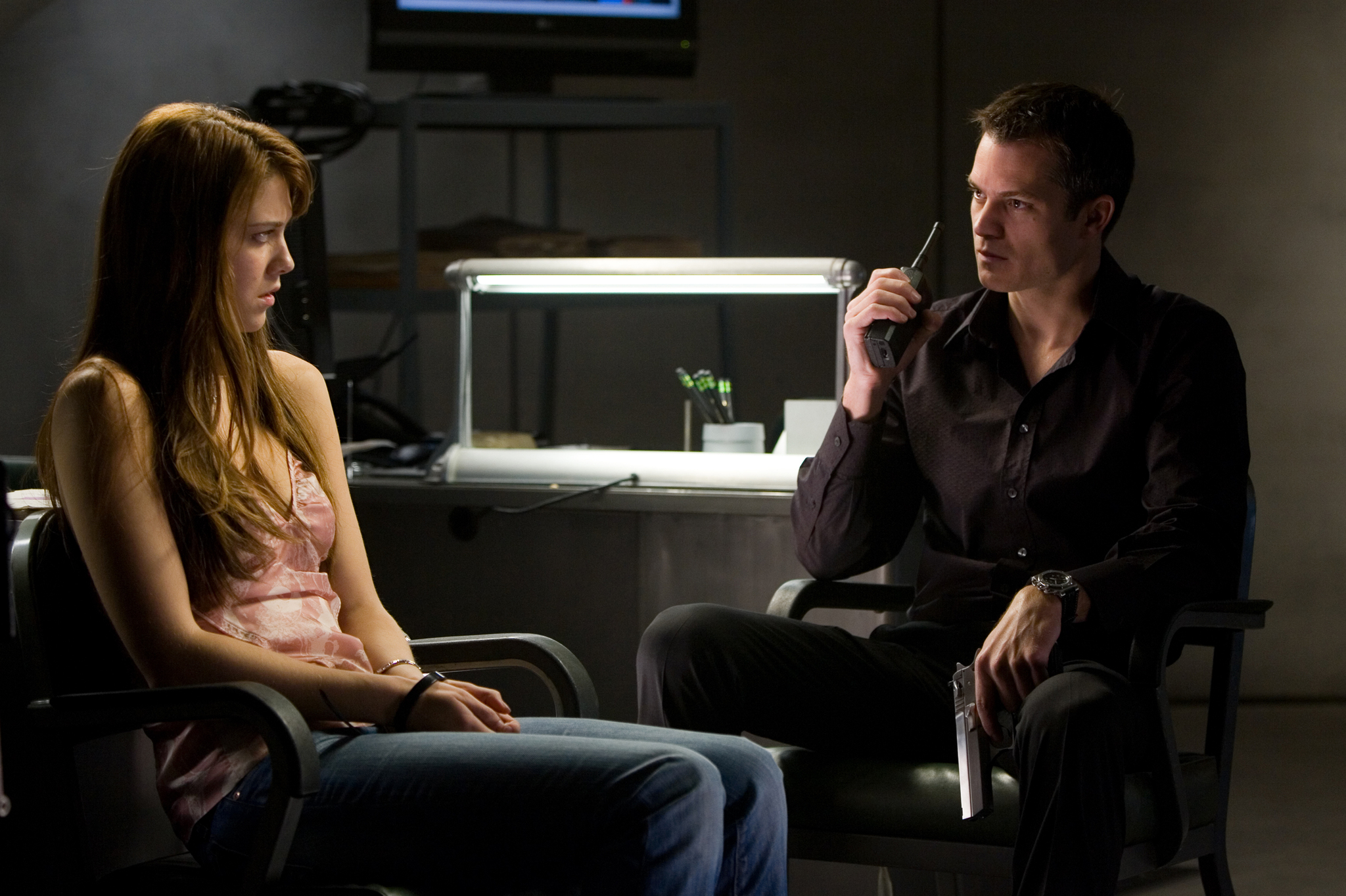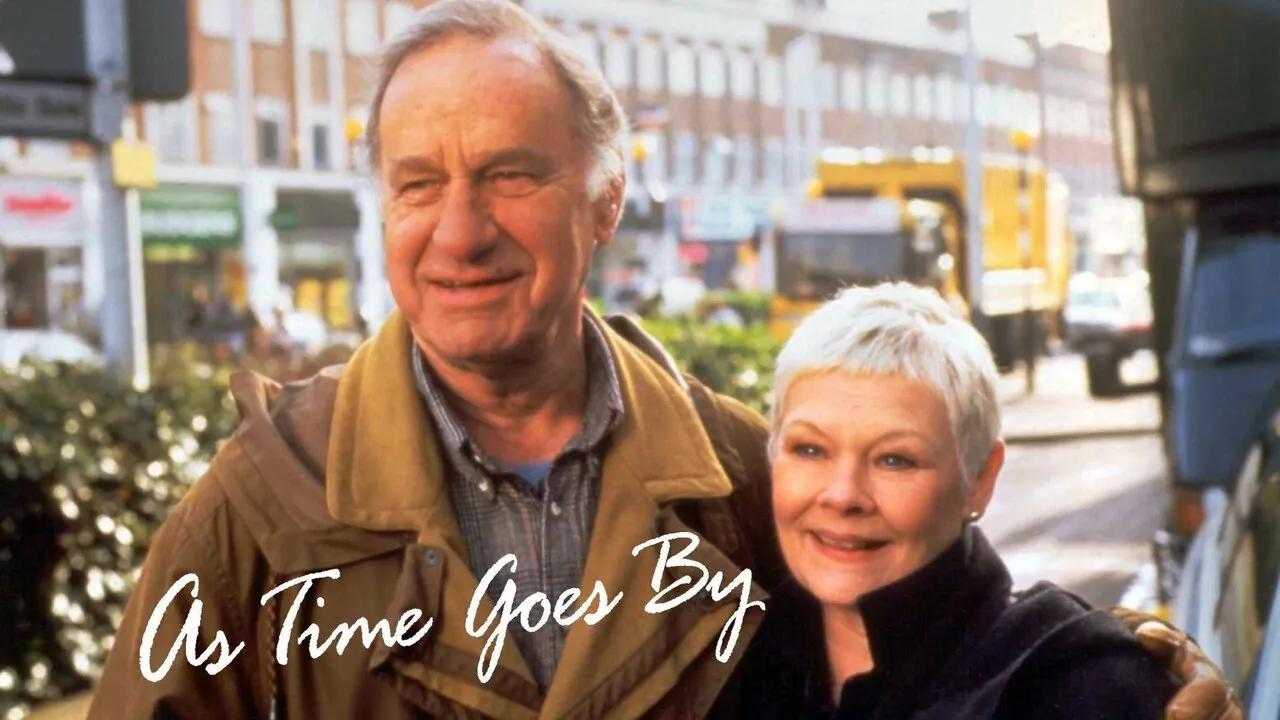The Hunger Games: Catching Fire (2013), directed by Francis Lawrence, is the explosive second chapter in the blockbuster Hunger Games series, adapted from Suzanne Collins' bestselling novels. Darker, deeper, and more politically charged than its predecessor, Catching Fire transforms Katniss Everdeen’s personal survival story into the first flame of a nationwide rebellion.

The story picks up shortly after Katniss (Jennifer Lawrence) and Peeta Mellark (Josh Hutcherson) survive the 74th Hunger Games by defying the Capitol with their dual victory. Rather than celebrating, Katniss finds herself trapped in a political nightmare. President Snow (Donald Sutherland), the cold, calculating leader of Panem, sees her defiance as a dangerous symbol—one that could ignite rebellion in the oppressed districts.
In a desperate move to eliminate that threat, the Capitol announces the 75th Hunger Games will be a special Quarter Quell—featuring only past victors as tributes. Katniss is forced back into the arena, where alliances are uncertain, the stakes are even higher, and the danger extends far beyond the battlefield.

The arena in Catching Fire is a twisted masterpiece of cruelty: a massive, clock-like trap filled with poisonous fog, killer monkeys, and ticking horrors. But while the action is intense and inventive, the real heat comes from the growing resistance beyond the games. Each act of defiance, each look of solidarity, pushes Panem closer to the edge of revolution.
Jennifer Lawrence delivers a powerful performance, portraying Katniss as a young woman torn between being a pawn and becoming a leader. The supporting cast—featuring standout performances from Sam Claflin as charismatic Finnick Odair and Jena Malone as the fiery Johanna Mason—adds layers of complexity and personality to the ensemble.

Visually, the film is rich and haunting. From the bleakness of District 12 to the lavish, oppressive spectacle of the Capitol, every scene reinforces the sharp divide between wealth and desperation, control and resistance. James Newton Howard’s score deepens the tension and emotional gravity.
The Hunger Games: Catching Fire isn’t just a sequel—it’s a turning point. It moves the narrative from survival to revolution, from spectacle to substance. By the end, it’s clear that this is no longer just a game. The girl on fire is no longer trying to stay alive—she's ready to burn down the system.



